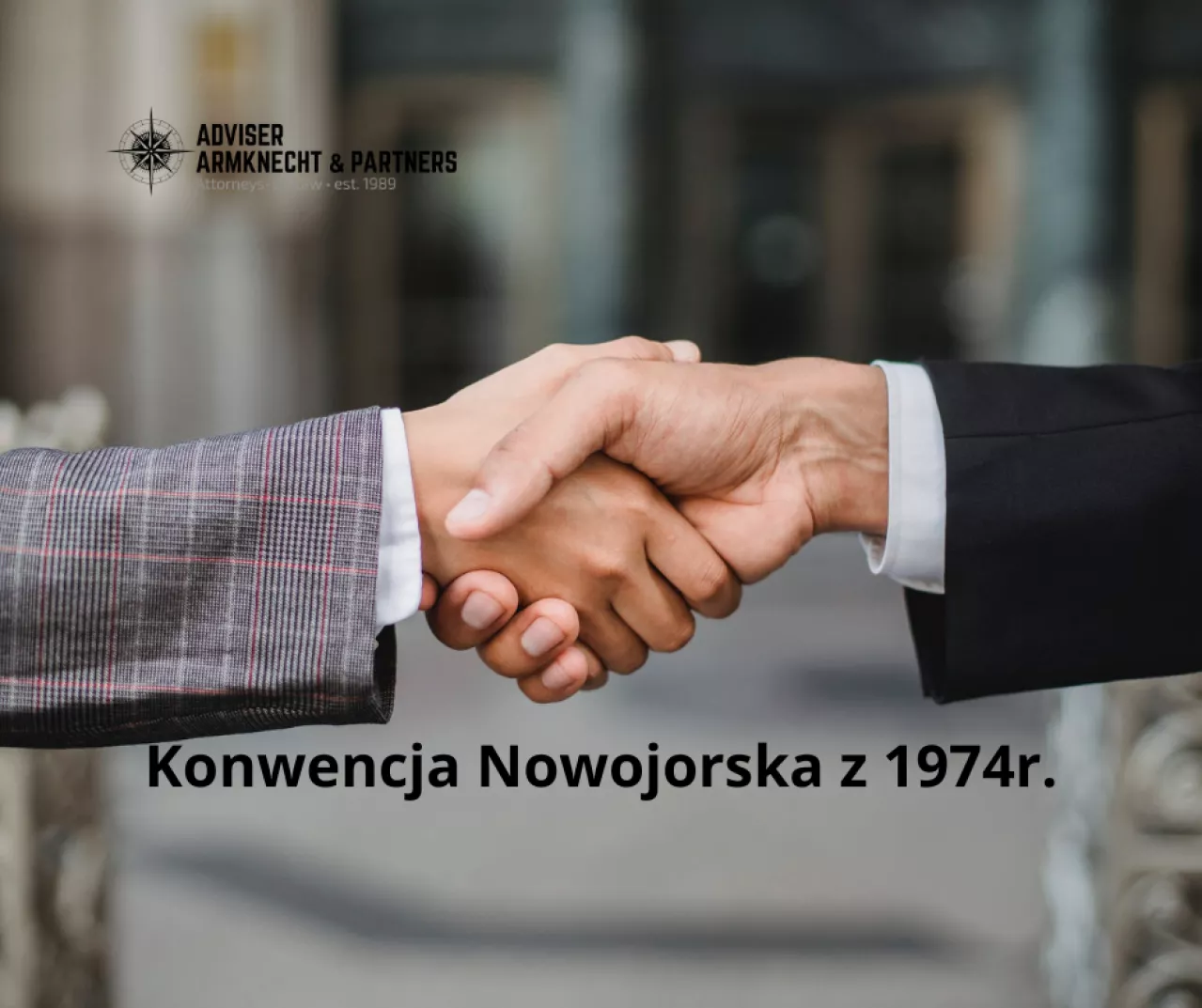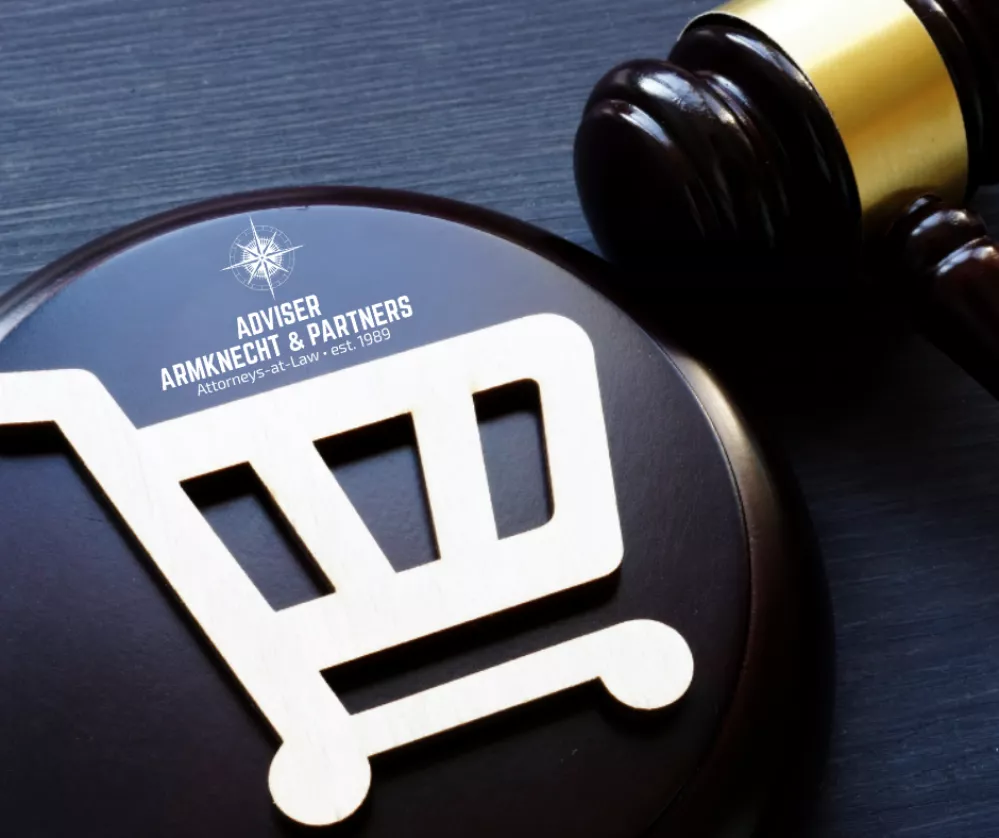Państwa – Strony konwencji:
Argentyna
Białoruś
Belgia
Benin
Bośnia i Hercegowina
Brazylia
Bułgaria
Burundi
Costa Rica
Wybrzeże Kości Słoniowej
Kuba
Czechy
Dominikana
Egipt
Ghana
Gwinea
Węgry
Liberia
Meksyk
Mongolia
Czarnogóra
Nikaragua
Norwegia
Paragwaj
Polska
Mołdawia
Rumunia
Rosja
Serbia
Słowacja
Słowenia
Uganda
Ukraina
Stany Zjednoczone Ameryki
Urugwaj
Zambia
Kwestie regulowane w konwencji:
Konwencja odnosi się do roszczeń kupującego, wynikających z umowy międzynarodowej sprzedaży towarów lub odnoszące się do jej naruszenia, zakończenia lub unieważnienia, które to roszczenia nie mogą być dochodzone po upływie pewnego okresu – terminu przedawnienia.
Określa też, które sprzedaże będą w jej rozumieniu traktowane jako sprzedaż międzynarodowa, oraz jakie warunki muszą w tej sytuacji zaistnieć.
Termin przedawnienia roszczeń został ustalony w konwencji na 4 lata; wskazane zostają również:Początek terminu przedawnienia,
Przypadki przerwania i przedłużenia terminu przedawnienia,
Skutki upływu terminu przedawnienia,
Sposób obliczania terminu.
Konwencja zakazuje też modyfikacji lub naruszenia terminu przez strony, za wyjątkiem możliwości przedłużenia umownego trwającego przedawniania.
Dwa lub więcej państw mogą oświadczyć w sposób wyraźny, że w przypadku konkretnych umów nie stosują konwencji, gdyż państwa te mają podobne przepisy prawne determinujące tę materię.
Konwencja ta, jako że ratyfikowana przez Prezydenta RP stanowi część porządku prawnego w Polsce.
Stan prawny na dzień: 30.04.2021 r.


 Wstecz
Wstecz 

